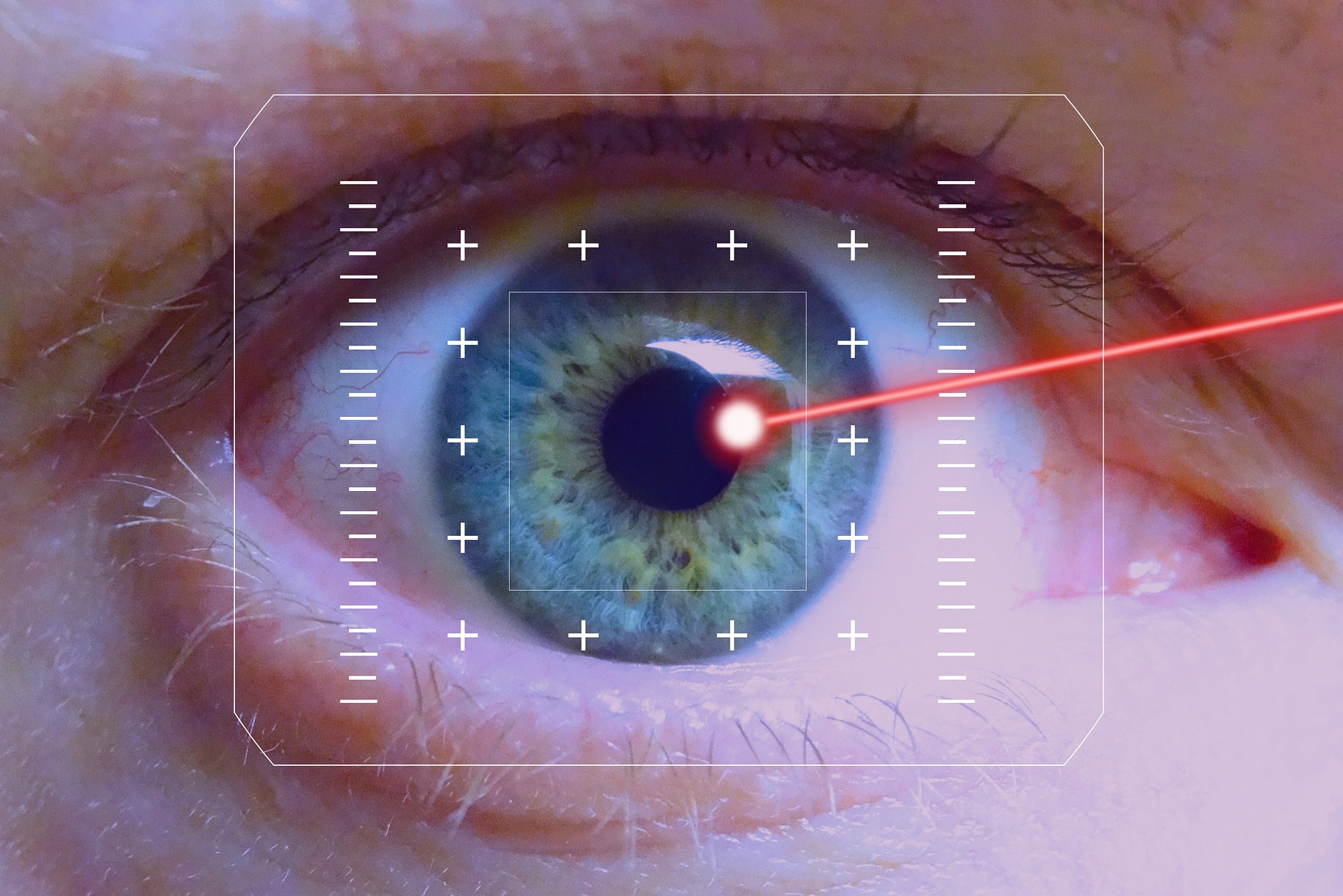As the world advances, we are approaching an exponential rate of technological advancement. The rate of this growth is itself growing faster than ever, reformulating our original assumptions about what the future may hold. This especially holds true for the field of medicine, where the very concept of healthcare is undergoing radical transformation.
Telemedicine
Through simple but increasingly widespread and stable Internet facilities, doctors are able to reach patients in remote parts of the world, and provide their services to those who might not otherwise have access to modern medicine. This includes face-to-face video contact with patients, high-resolution review of medical images such as MRI scans, and virtual attendance in operating rooms during surgeries. Geographical location no longer limits the ability of a physician to share their expertise with others.
Body Monitoring Devices
With the advent and proliferation of body monitoring devices such as Fitbits and smartwatches, as well as the availability of home diagnostic equipment, we have been ushered into an age where many of our vitals can be known to us in real-time, 24 hours a day. What used to require periodic visits to a diagnostic clinic can now be known to us directly. We’re able to get a far more detailed and precise reading of our heart-rate, breathing-rate, galvanic skin response, blood sugar level, and a variety of other indicators. This allows us to make instantaneous diagnoses and lifestyle adjustments without physician intervention.
Robotics
Many surgical procedures have achieved almost perfect precision through robots that are able to carry out surgical tasks with a greater accuracy than a human surgeon can by hand. This allows surgeons to play a more holistic role in the operation process, using robots for the actual procedure while devoting their primary mental energy on overall strategy for the operation.
Artificial Intelligence
Through the rise of intelligent algorithms and artificial neural networks, computers are increasingly able to make health-care decisions more precisely and more comprehensively than human physicians are able to do on their own. This comes from amalgamating inputs and finding patterns on a scale orders of magnitude more comprehensive than how we’ve been doing thus far. This can allow far more accurate pattern matching and disease identification, resulting in precise, more effective treatments.
With these and other technology advancements, we might feel that the need for human healers may be declining. However, new technology means that human roles in the healthcare industry are changing. Demand for human doctors and nurses will continue to increase and diversify, because nothing can replace the human mind. Nor can technology replace human patient-doctor connections. Medical schools will thus always have a place, and increasingly emphasize the ability of doctors and nurses to provide the all-important human bridge to healing for patients.






